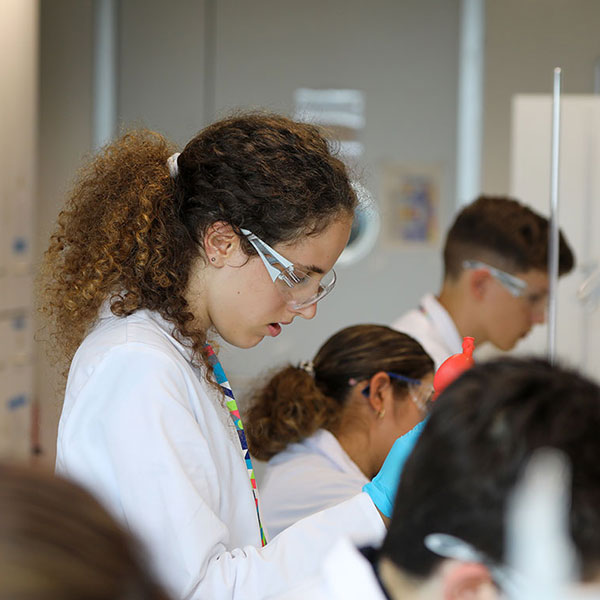Professional mobility
Attracting young talent
The race for brains is on again for countries that want to remain at the forefront of scientific research.

At home all over the world: Young researchers are in demand again on the international scene. | Image: Austin Distel/Unsplash
The ‘talent war’ is back on, says an article on the Science Business website. In other words, many countries are selling out to young brains in order to be at the forefront of research.
Ian Walmsley, the provost of Imperial College London, even talks about increasing competition among countries, which is unlikely to diminish in the near future. And there are several signs of this. Canada is launching a vast programme to hire 1,000 academics. The United Kingdom has just defined a strategy to attract scientists. It is based on simplifying administrative formalities and increasing the quality of working life. Southern Europe is not to be outdone. Spain and Greece have announced that start-ups will benefit from special visas and financial advantages. ‘Digital nomads’ are also in demand in Mexico and the Caribbean, says Jean-Christophe Dumont, the Head of the OECD’s International Migration Division. There they are offered work visas.
Mobility students, who can now move around relatively normally again thanks to the lifting of coronavirus-related health measures, are also being approached to stay and work in their host country. Non-English-speaking countries are also jumping into the fray by offering courses in English, to the detriment of the traditional destinations: US, Canada, Australia and UK.
This ‘talent war’ is not new, but it has probably been reactivated by the lifting of the main travel restrictions linked to the pandemic. And another factor is fuelling it: the geopolitical confrontation between the United States and China, particularly in the field of emerging technologies.




